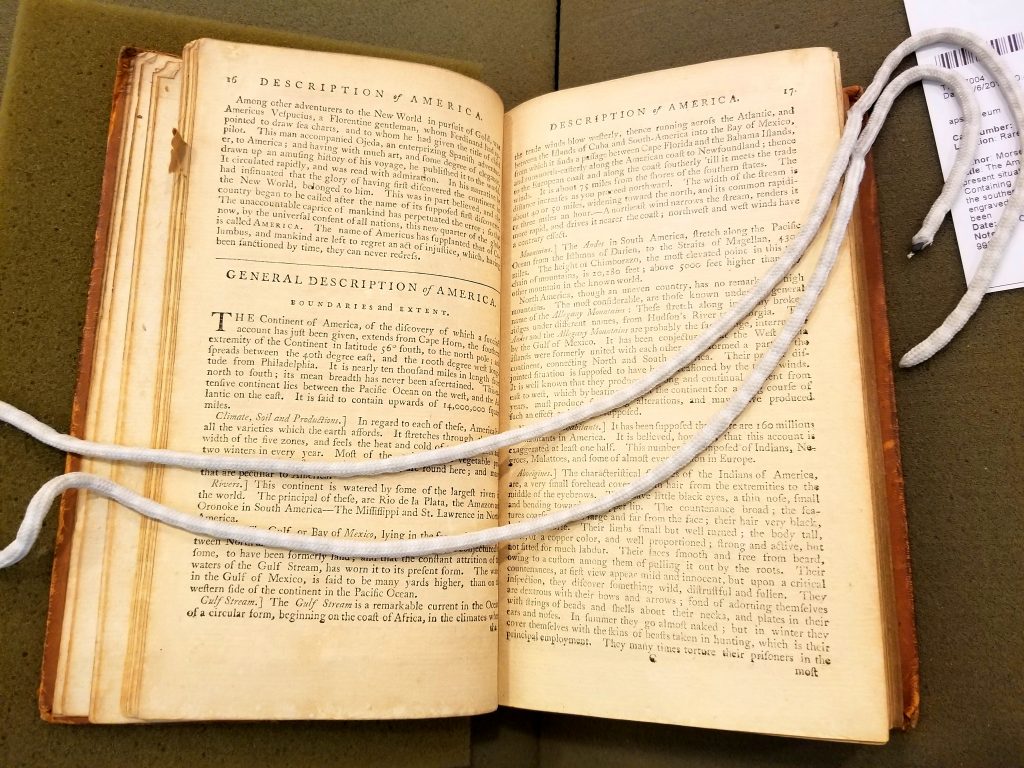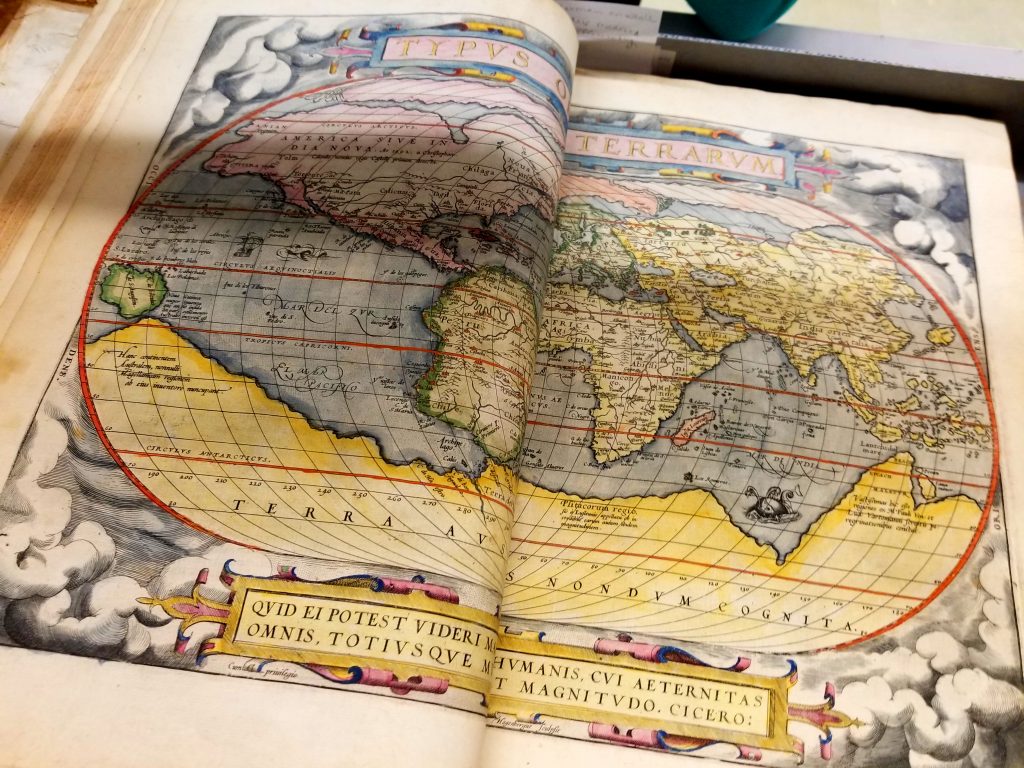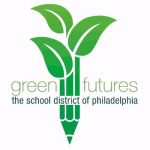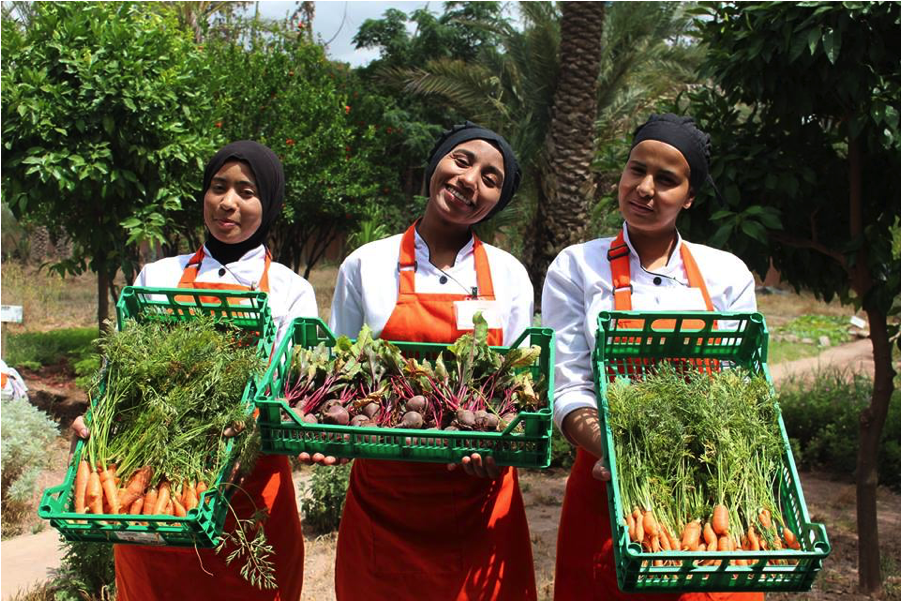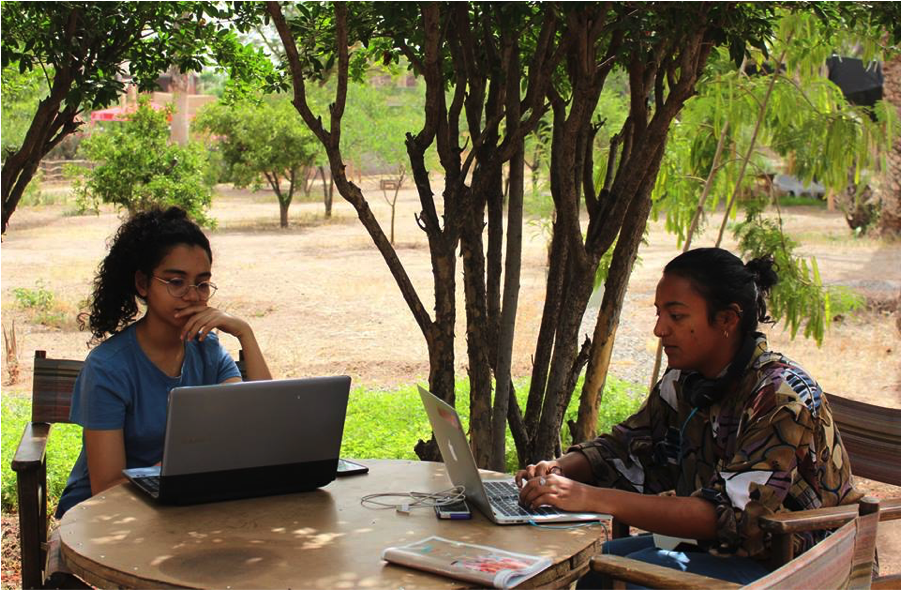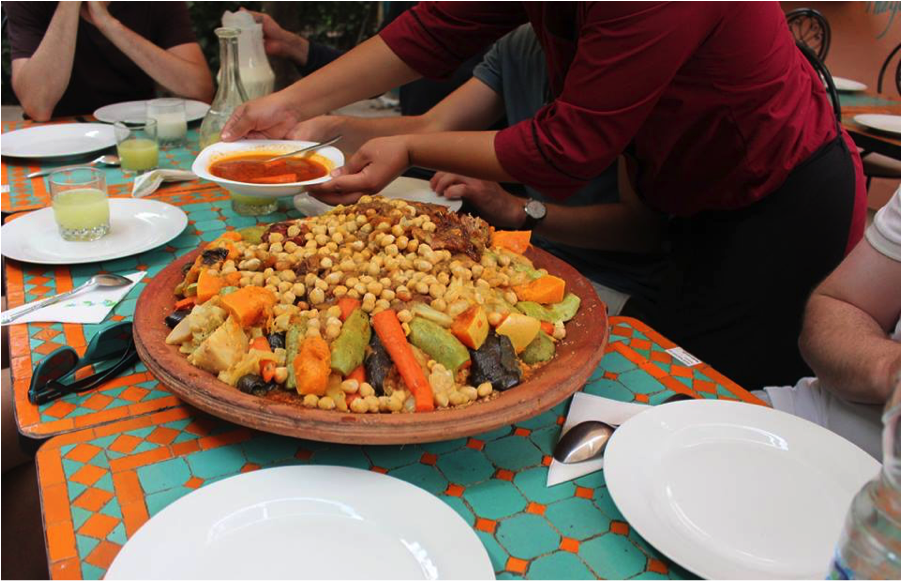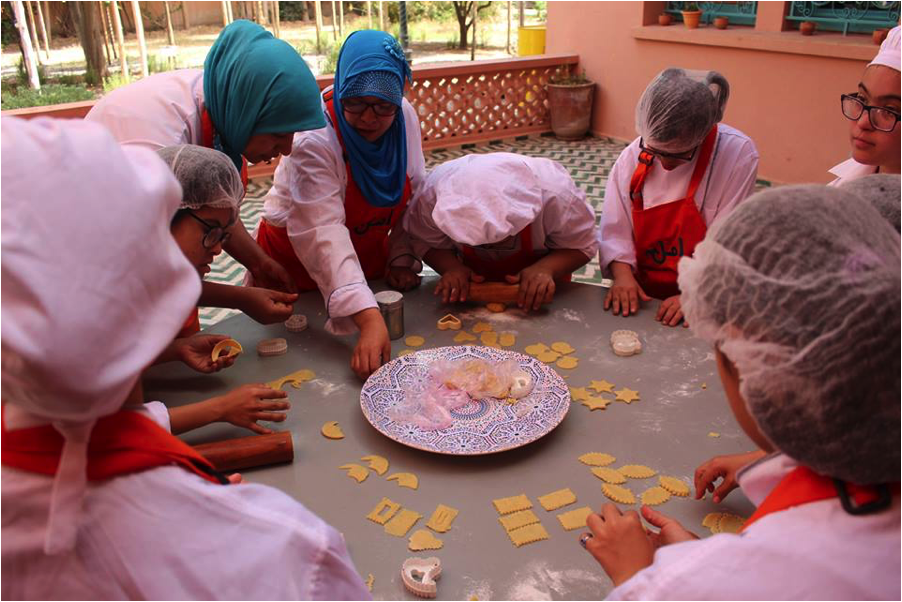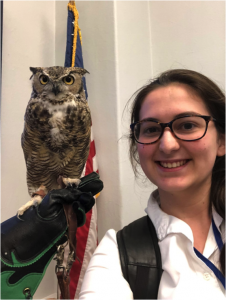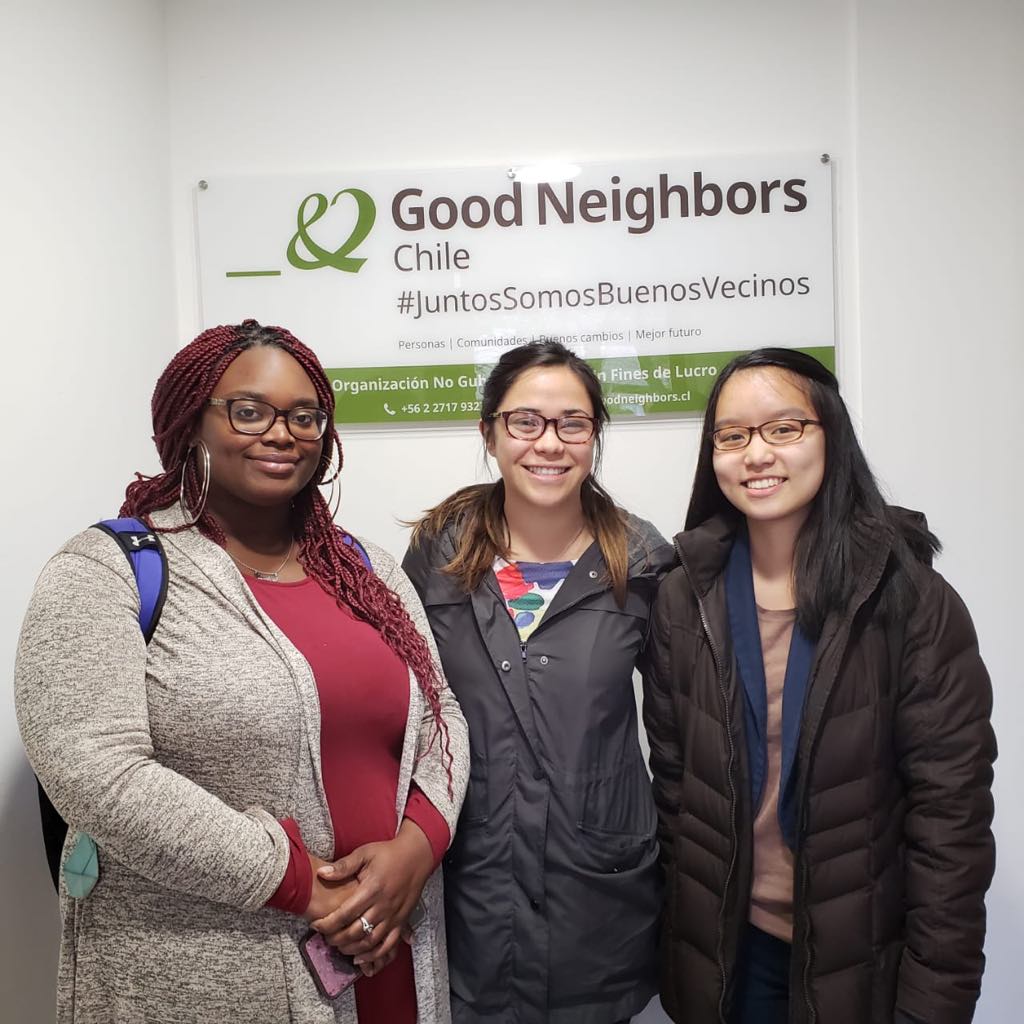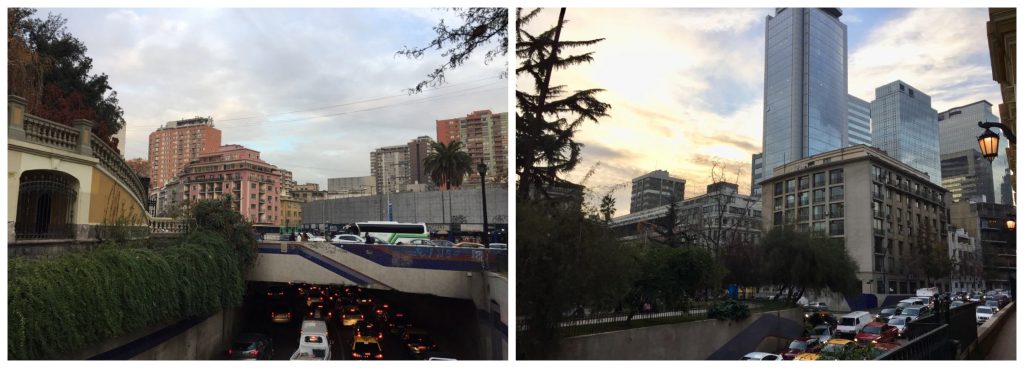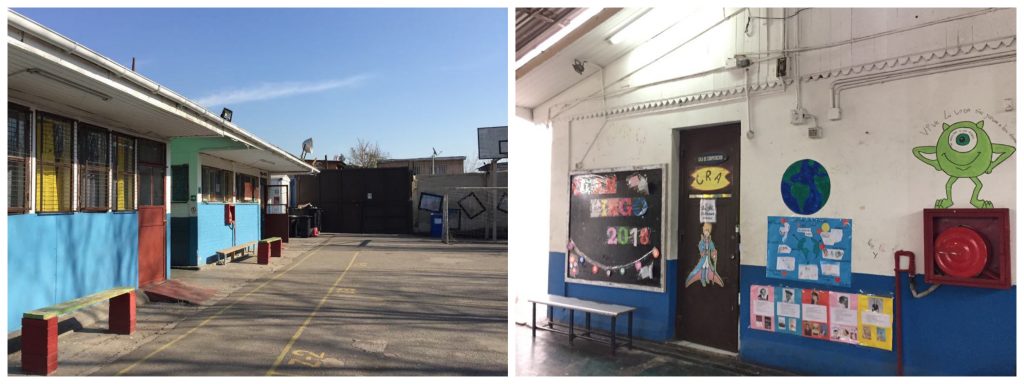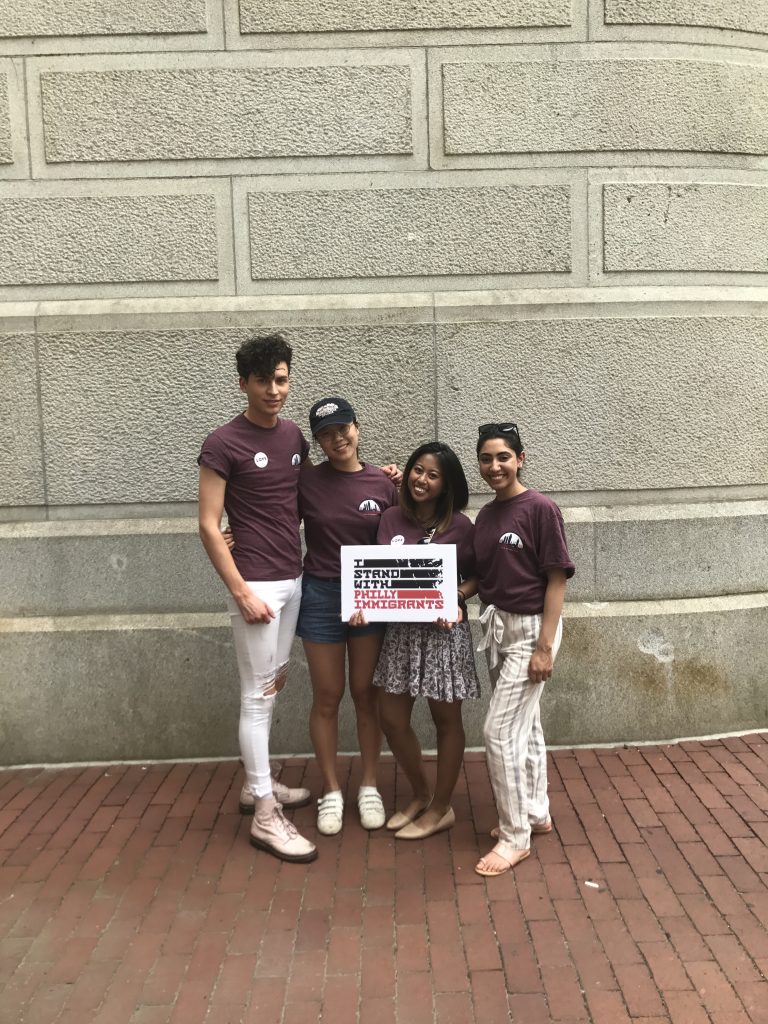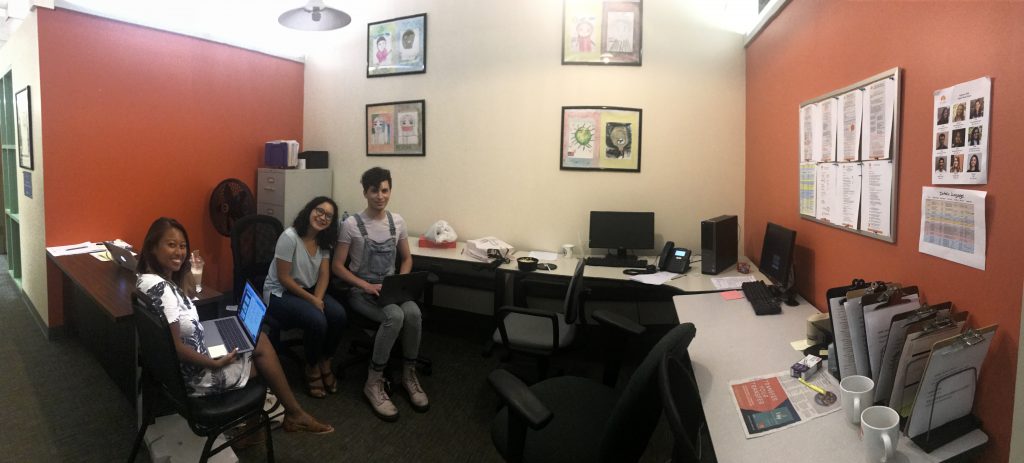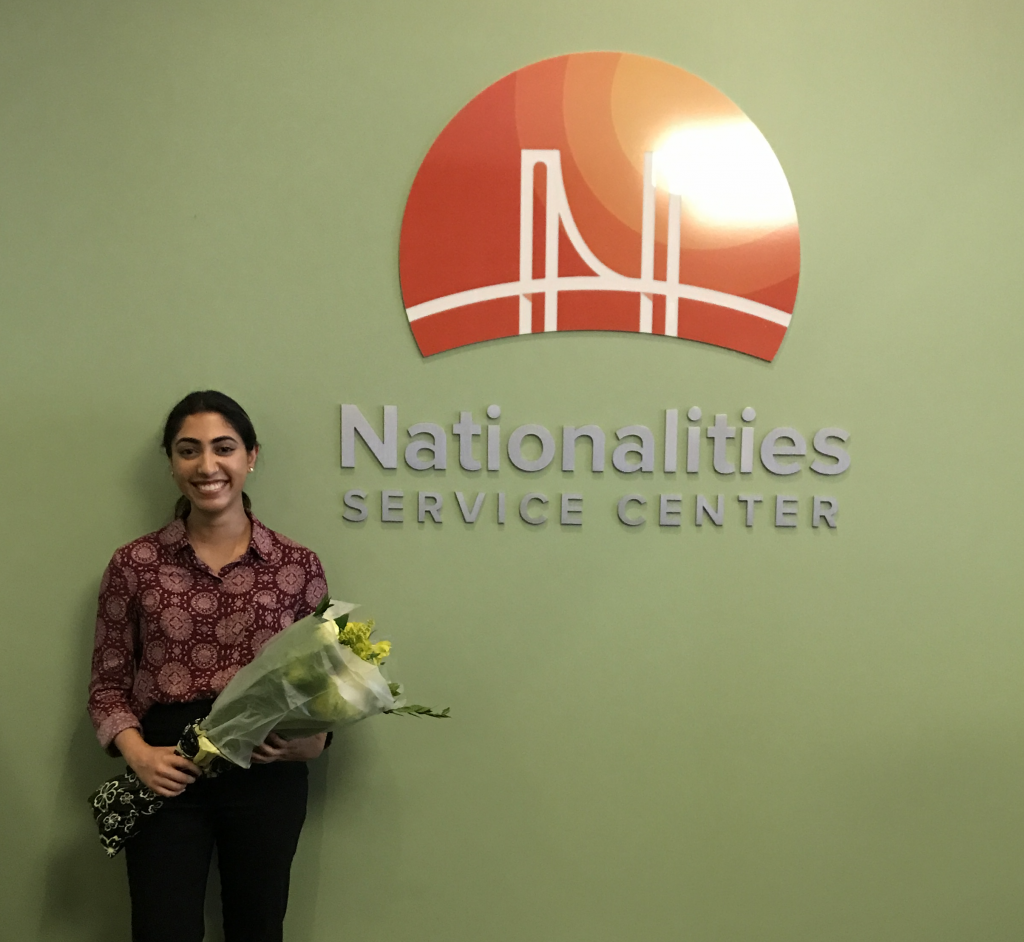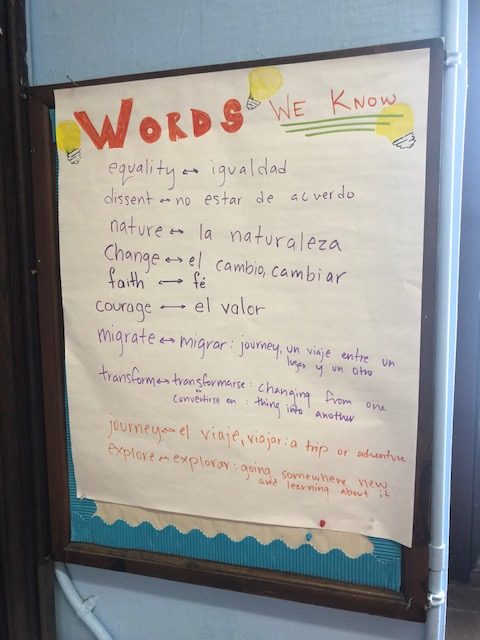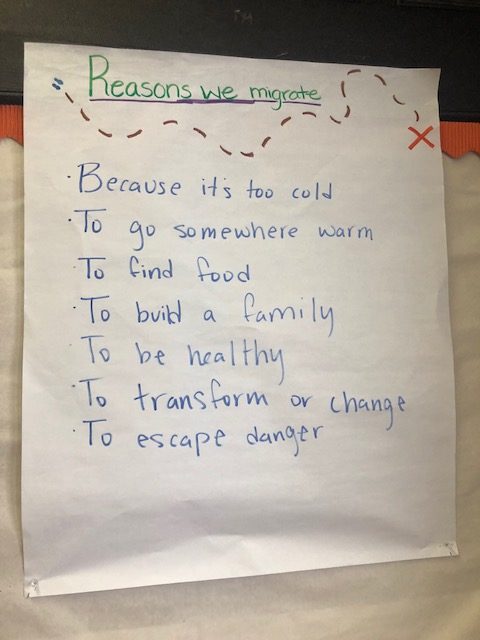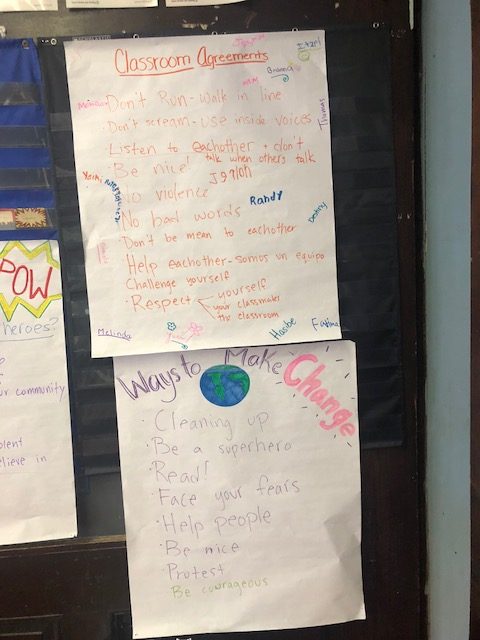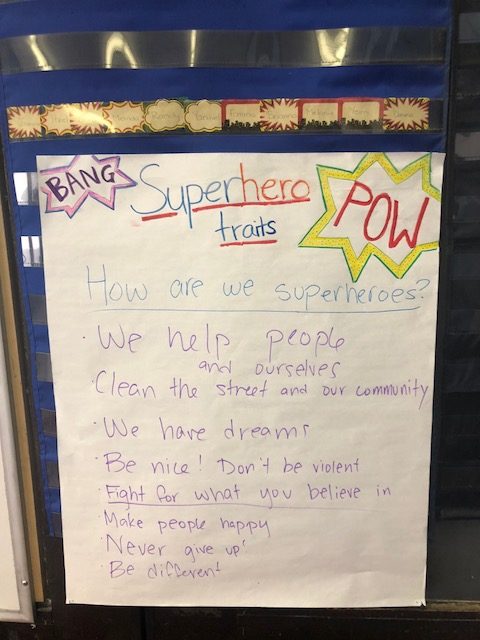Name: Aubrey Shiffner
Class Year: 2019
Major: History
Hometown: South Brunswick, N.J.
Internship Placement: American Philosophical Society Museum
Job Title: Curatorial Research Intern
Location: Philadelphia
I’m spending my summer working in the museum of the American Philosophical Society. APS was founded in 1743 by Benjamin Franklin “for promoting useful knowledge” and it’s considered the oldest learned society in the U.S. Its main function is to promote scholarship in a variety of different disciplines, and it offers research grants and fellowships in the APS library. The museum connects to the Independence National Historical Park complex and puts on a yearly exhibition drawing primarily from the extensive APS collections in early American history, history of science, and Native American history.
My job for the summer is to work with the museum’s two Mellon Postdoctoral Curatorial Fellows and another BMC intern to research next year’s exhibit, which will be about mapping the early United States. It’s a mix of primary and secondary source research; most days, we work on secondary reading in the museum offices in the morning and then head to the reading room at the library after lunch. Usually, each of us works on an individual person or topic, using our preliminary research at the office to look for important related material in the library collections. Because we’re ultimately working on an exhibition, we have to consider both the visual interest of a book or item and its condition, as well as the information inside it.
Sometimes we have multiple copies of the same item and we need to pull all of them to look for differences like coloring or annotations and to see which one is in the best condition for display. On Thursday mornings, we also take field trips to other nearby museums and historical sites, which allows us to see and think about the ways that other institutions display information and what stories they are trying to tell, with the added bonus of seeing local attractions that I’ve ironically never been to, even though I live in the area.
Working at the APS has been a great experience for me, in ways that I did not expect going in. I was originally planning to go to law school after BMC and I started off applying to legal internships, but I got an email about the APS internship and it sounded so interesting that I decided to apply anyway. The thing that has always interested me the most about history is the artifacts and material culture of the past, and I love museums, so the prospect of actually working on an exhibit was too good to pass up. And as much as I would love to live in the stacks of the APS Library, the main thing I’ve realized this summer is that it really is about the objects for me. Doing archival research had a bit of a learning curve, and I feel like I’m just starting to get the hang of things after seven weeks, but I really prefer the moment when I unbox a 200-year-old book (a lot of them are in boxes for preservation purposes), and get to handle it and take it in as an object, to the part where I have to actually start reading the text.
It was a struggle for me at first, because I felt like I really didn’t know what I was doing, and on top of that, I found out I didn’t really like what I was doing. But I did love the library, and the maps (especially the ones with color and interesting cartouches), and the physical books I got to look at, even if I didn’t quite know what to do with them. Then we took a field trip to the Conservation Center for Art and Historic Artifacts, where one of the important maps for the exhibit is being treated. I had actually been interested in conservation for a long time, but I looked at the admission requirements for master’s programs a few times and thought that I would never be able to finish them all during undergrad (it turns out most people don’t), so I never seriously pursued it. But as we were leaving the Conservation Center, I mentioned my interest to the library’s head of conservation, who also came with us, and even though I also mentioned that I’m already a rising senior and hadn’t done most of the requirements, she was still very encouraging. I ended up having lunch with her the next week, and then with the assistant conservator the week after, and I have a meeting planned for September with another conservator they connected me to.
Ironically, now that I know I won’t become a curator, I’m starting to enjoy the research a lot more, and I’m becoming a little more comfortable with it. I haven’t completely ruled out law school, but I think I want to try to pursue the conservation path a little more seriously before I completely give up on history. Overall, this internship has been a really valuable learning experience. And even though I will use the research skills I’ve been learning throughout senior year, I actually learned a lot more about my own interests by pursuing something I thought I would like, only to find out that it really isn’t for me.

Photos courtesy of the American Philosophical Society.
